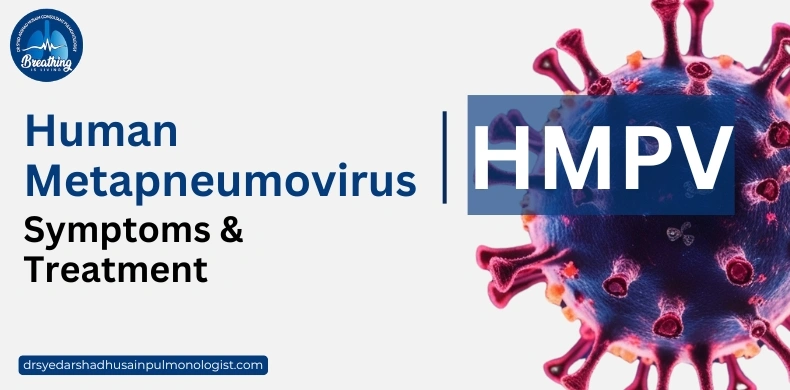Human Metapneumovirus or HMPV, is a very common and popular disease in 2025 and it is a big concern among a huge population. However, any age of people can be affected by this HMPV virus, but it is more troublesome for infants and older adults because they often have a weakened immune system.
While it may seem like just another seasonal virus, but HMPV can lead to severe respiratory illnesses if left untreated. In this blog, we�ll explore the symptoms, treatment options, and how it differs from Coronavirus (Covid-19).
What is Human Metapneumovirus (HMPV)?
HMPV is a viral infection that belongs to the same family as Respiratory Syncytial Virus (RSV). It primarily affects the respiratory tract and is one of the leading causes of respiratory infections worldwide. The virus spreads through respiratory droplets when an infected person coughs or sneezes, and it can also survive on surfaces for extended periods.
Symptoms of HMPV
HMPV symptoms can range from mild to severe, depending on a person�s immune system. The infection typically lasts for 7�10 days and can resemble the common cold or flu.
Common Symptoms:
- Coughing � Persistent dry or wet cough
- Runny or Stuffy Nose � Nasal congestion, similar to a common cold
- Fever � Mild to moderate fever, especially in children
- Sore Throat � Scratchy or painful throat
- Shortness of Breath � Difficulty breathing in severe cases
- Wheezing � Common in people with asthma or lung conditions
- Fatigue � General weakness and tiredness
Severe Symptoms (Require Medical Attention):
- High Fever � Persistent fever above 102�F (39�C)
- Bluish Lips or Face � Indicating low oxygen levels
- Rapid Breathing � A sign of respiratory distress
- Chest Pain � Can indicate pneumonia or other complications
- Severe Dehydration � Lack of urination, dizziness, and dry mouth.
How is HMPV Diagnosed?
Doctors diagnose HMPV through clinical examination and laboratory tests, including:
- PCR Testing � Detects viral RNA in respiratory samples
- Rapid Antigen Tests � Provides quick results but may not be as accurate
- Chest X-rays or CT Scans � To rule out pneumonia in severe cases
Since HMPV shares symptoms with other respiratory viruses like influenza and COVID-19, testing is essential to confirm the diagnosis.
Treatment for HMPV
There is no specific antiviral treatment for HMPV, and the infection is managed through supportive care. Most healthy individuals recover at home with the following measures:
Home Remedies & Supportive Care:
- Rest & Hydration � Plenty of fluids and rest to speed up recovery
- Over-the-Counter Medications � Pain relievers like acetaminophen (Tylenol) for fever and body aches
- Steam Therapy & Humidifiers � Helps ease congestion and breathing difficulties
- Saline Nasal Spray � Reduces nasal blockage and irritation
- Cough Syrup or Honey � Soothes sore throat and suppresses cough (only for adults and children over 1 year old)
Medical Treatment (For Severe Cases):
- Oxygen Therapy � For patients experiencing severe breathing difficulties
- Hospitalization � Required in extreme cases, especially for elderly individuals or immunocompromised patients
- Nebulizers or Bronchodilators � Prescribed for patients with pre-existing lung conditions like asthma.
Since antibiotics are ineffective against viruses, they are not used unless a bacterial infection develops as a secondary complication.
HMPV vs. COVID-19: Key Differences
Both HMPV and COVID-19 cause respiratory illnesses, but they have distinct differences:
| Feature | HMPV | COVID-19 |
|---|---|---|
Cause | Human Metapneumovirus | SARS-CoV-2 virus |
Symptoms | Cough, congestion, fever, sore throat | Fever, cough, loss of taste/smell, body aches, shortness of breath |
Severity | Usually mild, can be severe in high-risk individuals | Can be mild to life-threatening |
Transmission | Respiratory droplets & surfaces | Respiratory droplets, airborne particles, and surfaces |
Treatment | Supportive care, oxygen therapy for severe cases | Antiviral drugs (Paxlovid, Remdesivir), hospitalization for severe cases |
Prevention | Good hygiene, hand washing, avoiding close contact with sick individuals | Vaccination, masks, hygiene, social distancing |
While HMPV is primarily a seasonal illness affecting infants and the elderly, COVID-19 has proven to be more widespread and severe, with long-term complications.
Related Blog: COVID-19: expert advice
How to Prevent HMPV?
Since no vaccine exists for HMPV, prevention is the best strategy:
- Wash Hands Frequently � Reduces the risk of spreading the virus
- Avoid Touching Face � Prevents germs from entering through eyes, nose, or mouth
- Disinfect Surfaces � Regularly clean common surfaces like doorknobs, phones, and countertops
- Wear a Mask � Especially in crowded places during flu season
- Boost Immunity � Eat a balanced diet, get enough sleep, and exercise to strengthen the immune system
- Isolate if Sick � Stay home to prevent spreading the virus to others
Conclusion
HMPV is a common respiratory virus that can cause anything from mild cold-like symptoms to severe pneumonia. While most people recover without complications, high-risk individuals should be cautious and seek medical help from experts such as Prof. Dr. Syed Husain to get professional guidance.
Understanding the difference between HMPV and COVID-19 can also help in better diagnosis and treatment. Since there is no vaccine for HMPV, maintaining good hygiene and taking preventive measures are the best ways to stay protected.



